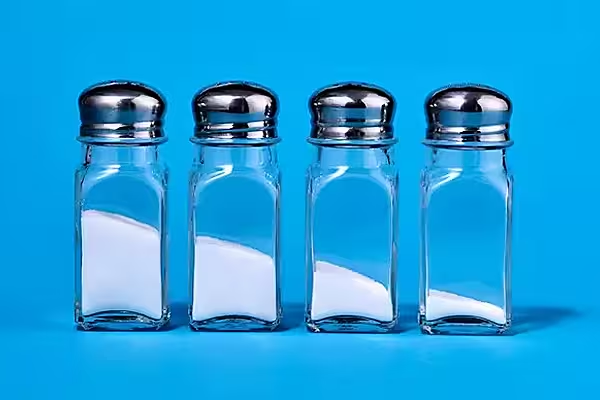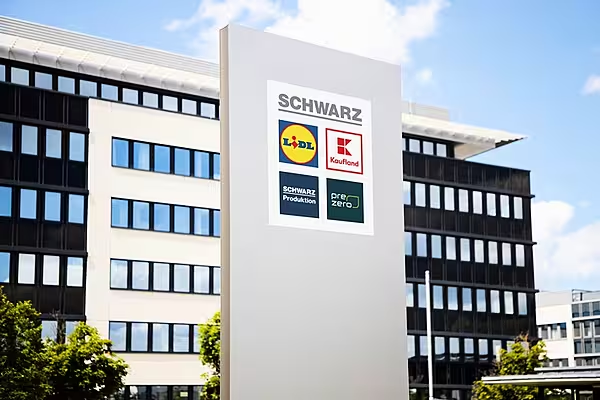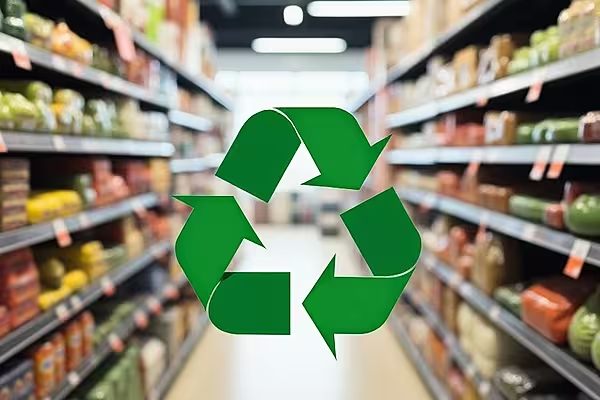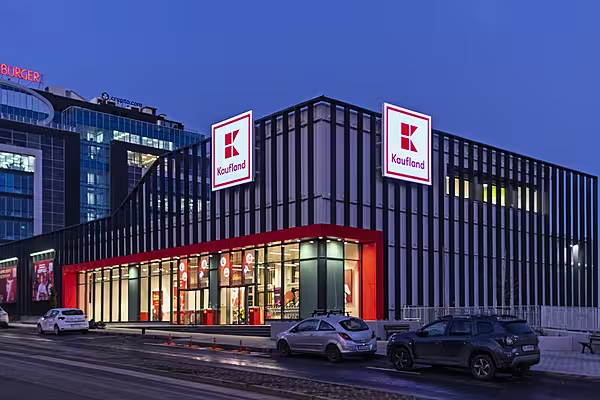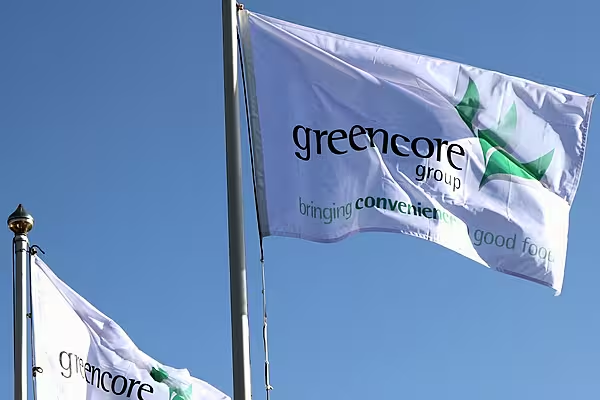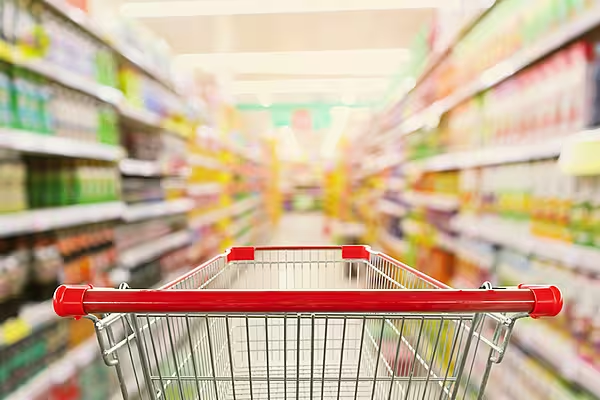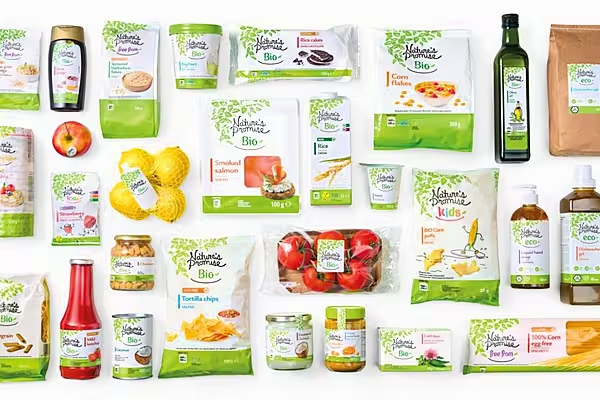German retailer Kaufland has reduced sugar, salt and/or fat content from more than 300 own-brand products since 2018, which it described as a crucial 'interim goal'.
The retailer now aims to cut sugar, salt and/or fat content from 200 additional private-label products by 2025.
Ines Rottwilm, head of sustainability, Germany, at Kaufland, said, "As a food retailer, we take responsibility. That's why we work with our suppliers to optimise the recipes of our own brand products step by step.
"It is our aim not to use any substitutes while maintaining the same taste and quality. With new recipes, we, therefore, pay strict attention to the lowest possible sugar, salt and/or fat content right from the start."
Nutri-Score Labeling
In 2020, the retailer introduced Nutri-Score labeling to help shoppers understand the nutritional details of products before making a purchasing decision.
The company has also introduced a Nutri-Score rating for items from its own brand labels K-Bio and K-take it veggie.
Currently, it is implementing the label to other products such as K-Classic, K-Favourites, K-Wertschatz, K-free and K-to go.
By the end of 2023, the retailer aims to incorporate the label into all eligible products.
The retailer is also running nutrition campaign days in schools, where a nutrition expert discusses the basics of healthy nutrition with students.
In march of this year, a new report by Austrian preventive medical institute SIPCAN claimed that it has identified some 'serious deficiencies' with the Nutri-Score food labelling system.
